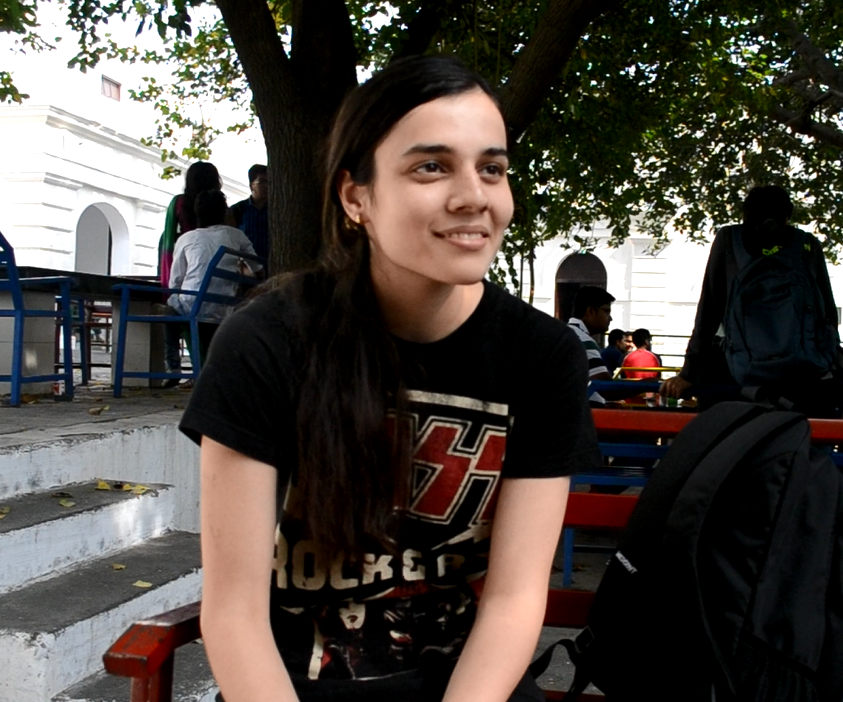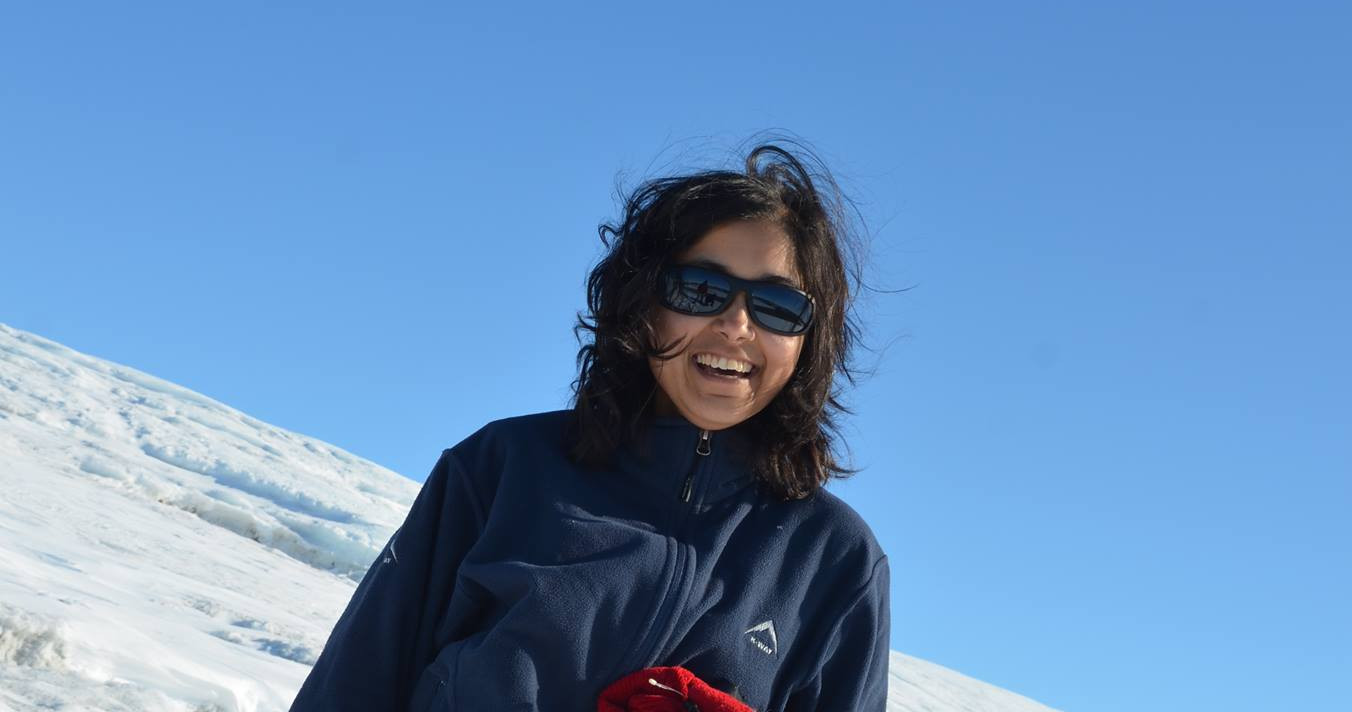

Body of IITR

WONA: We know you primarily as a prolific coder, even though coding is poles apart from your field of study (Earth Sciences). How did that happen?
Aarti: I got into coding in my first year, when I was recruited into SDS labs. It was mostly the guidance and help of seniors that kept me going and intrigued me enough to keep on it.
WONA: You participated in 2 editions of Google Summer of Code and also happened to be a Google Code Inventor. How was the experience?
Aarti: Both the experiences were brilliant, since my mentors were really good. One of my mentors worked at NASA. It was amazing to see how devoted they were to their work. I mean whenever you ask them questions, the answer is always at their fingertips.
WONA: If you had to pick one experience that stands out from the rest over the last 5 years, what would it be?
Aarti: In my first year, I managed to get a travel grant for Free Software Foundation’s 30th Anniversary Conference at MIT. It was the most humbling experience of my life. The list of speakers was truly impressive. There were visionaries like Richard Stallman. It was followed by a 20 Hour hackathon, which was probably the best part of it all.
WONA: But that was all about Aarti, the Coder. What about Aarti, the Geophysicist? How did that change come about?
Aarti: Well, I thought of giving the subject one last shot before quitting it. I started reading a few books and research papers on Seismology. Those were really inspiring. The way everything was done and the idea of getting to know the Earth better, it intrigued me, and that’s how I flipped! I attended this lecture on Tsunami Mitigation, given by the Vice President of INCOIS (Indian National Centre for Ocean Information Services). I was fascinated by it. So I wrote to them,
asking if I could work with them on this, and they accepted. (That easy, eh?) I spent the summer developing a prototype that would account for the real-time changes in ocean and refine the Tsunami warnings to the submarines.
WONA: Is there an expedition to Antarctica on the cards?
Aarti: Yes. I saw the advertisements calling for people to take part in the expedition in the last week of March. So I thought of doing this for my dissertation. I came up with a proposal, pestered a professor here into being my guide. There were a long series of administrative roadblocks, and tons of paperwork. But I finally found a way to collaborate on a project with the NGRI (National Geophysical Research Institute). I leave for Antarctica on 5th January and will be
there for a month.
WONA: You spearheaded the campaign for extension of girls’ timings last year. Despite your obvious dissatisfaction with the administration and the elected representatives, what stops you from entering the system yourself and being the change you want to see?
Aarti: I have tried to participate, but I found the administration to be impossibly rigid and primitive. Moreover, I despise the entire political scenario here. The students here don’t vote on the basis of the manifestos. And there is a lot of regional politics prevalent here, which I am better left out of.
WONA: What is the one thing about the campus, apart from the girl’s curfew, that you’d like to change?
Aarti: The ‘Chalta hai’ Attitude. I know that all the professors are not up to the mark and as good as you would want them to be, but I feel that dismissing the idea of studying just because the professors are not good is a very detrimental attitude, because in the end, it’s the student’s responsibility to learn. In one of the lectures I attended at MIT, there was this line that stuck with me, “The College does not owe you an education, what the college owes you is an environment where
you can get the knowledge.”
WONA: Where do you see yourself 10 years from now?
Aarti: I like the idea of expanding human knowledge. So I want to continue my research in Geophysics. 10 years from now, I see myself as an Assistant Professor at a good university.
WONA: Do you read Watch Out? What are your views on it?
Aarti: I do read it, and it’s a good magazine. But it’s very obvious that there is some amount of administrative control over it. I would like to see you get out of that space, comment fully and unabashedly on issues and not hold back on your views.
WONA: One last thing you’d like to say to the IITR junta?
Aarti: Don’t listen to people who say ‘Chill maar’. I have not known anyone who has gotten their way in life, living by this ideology.